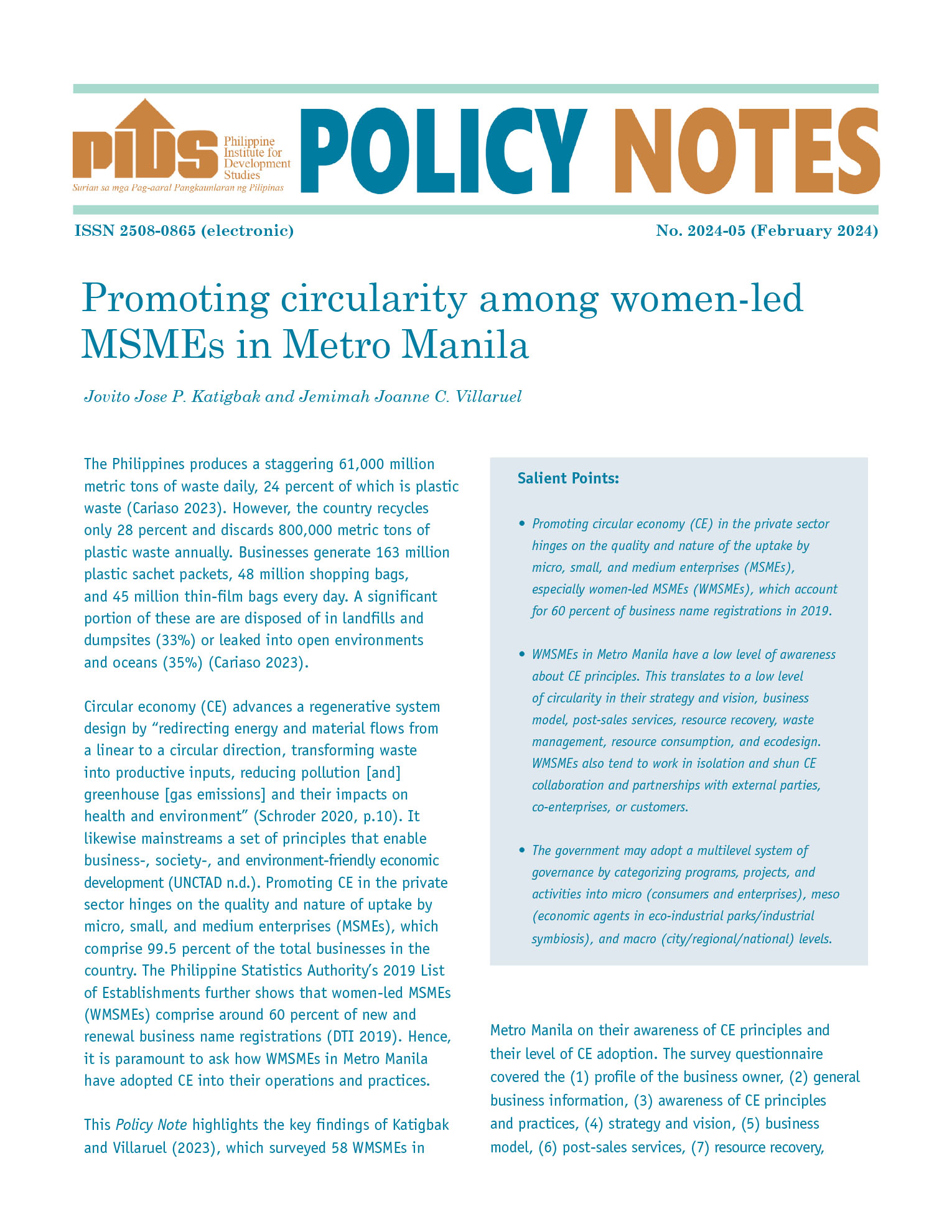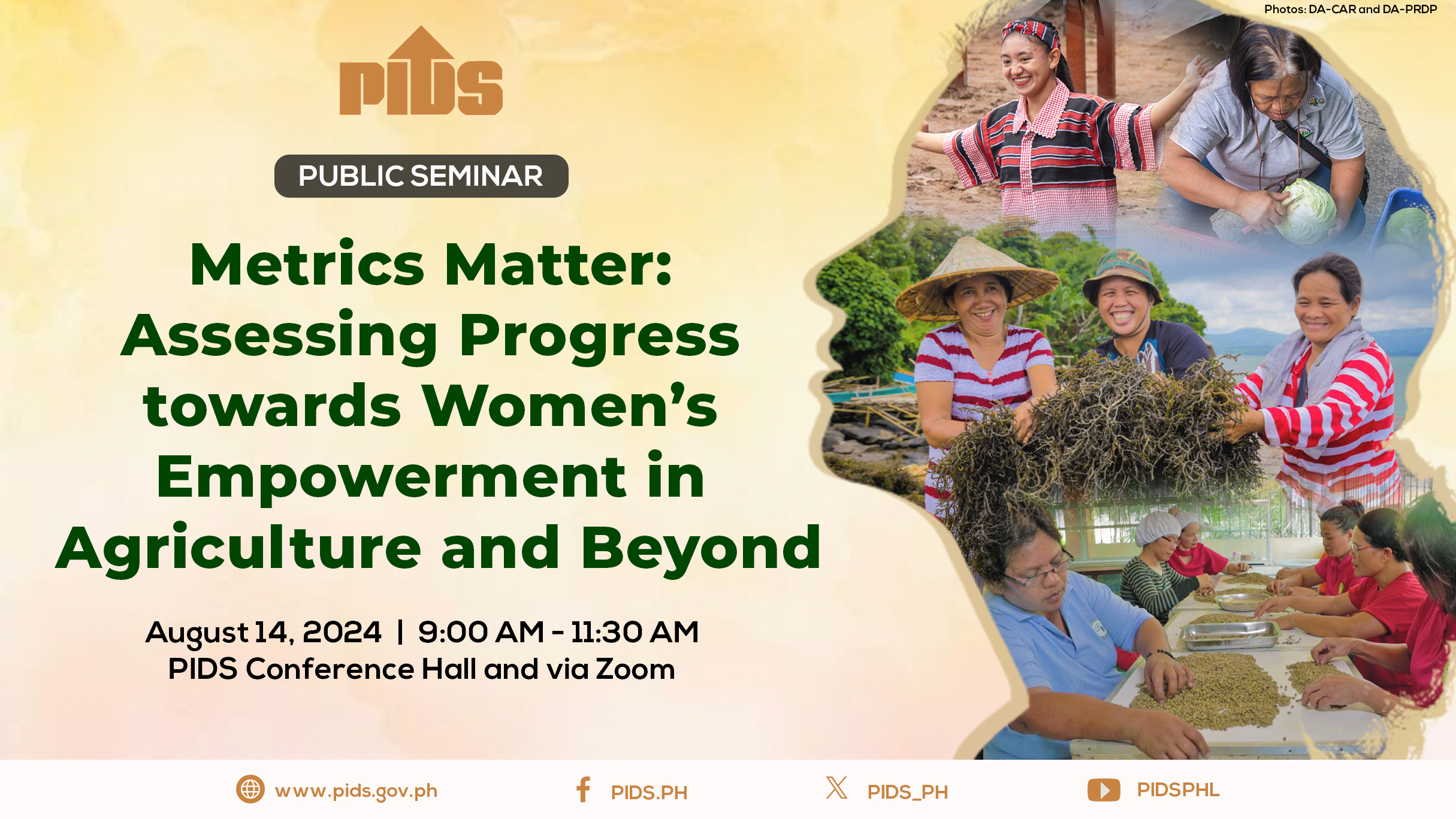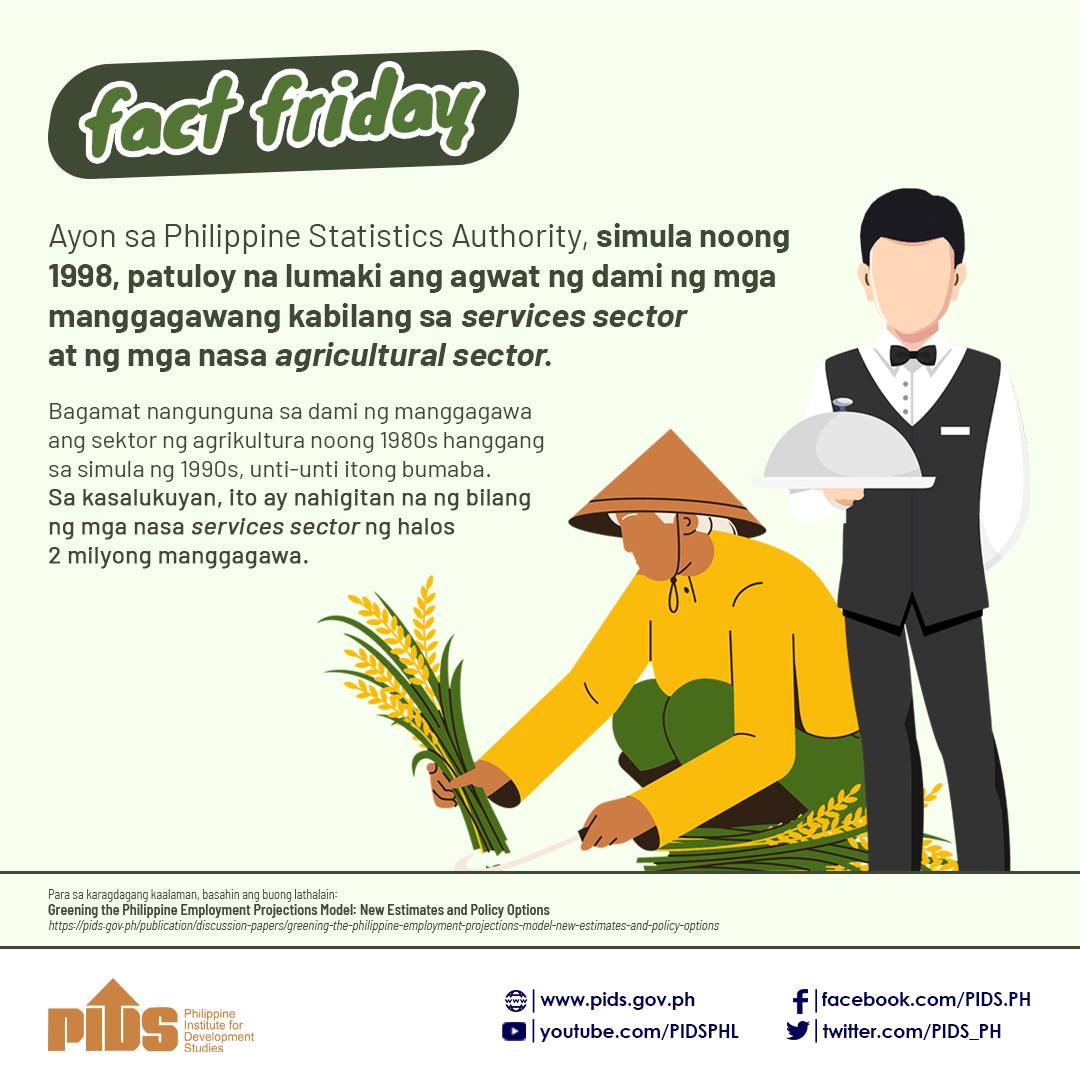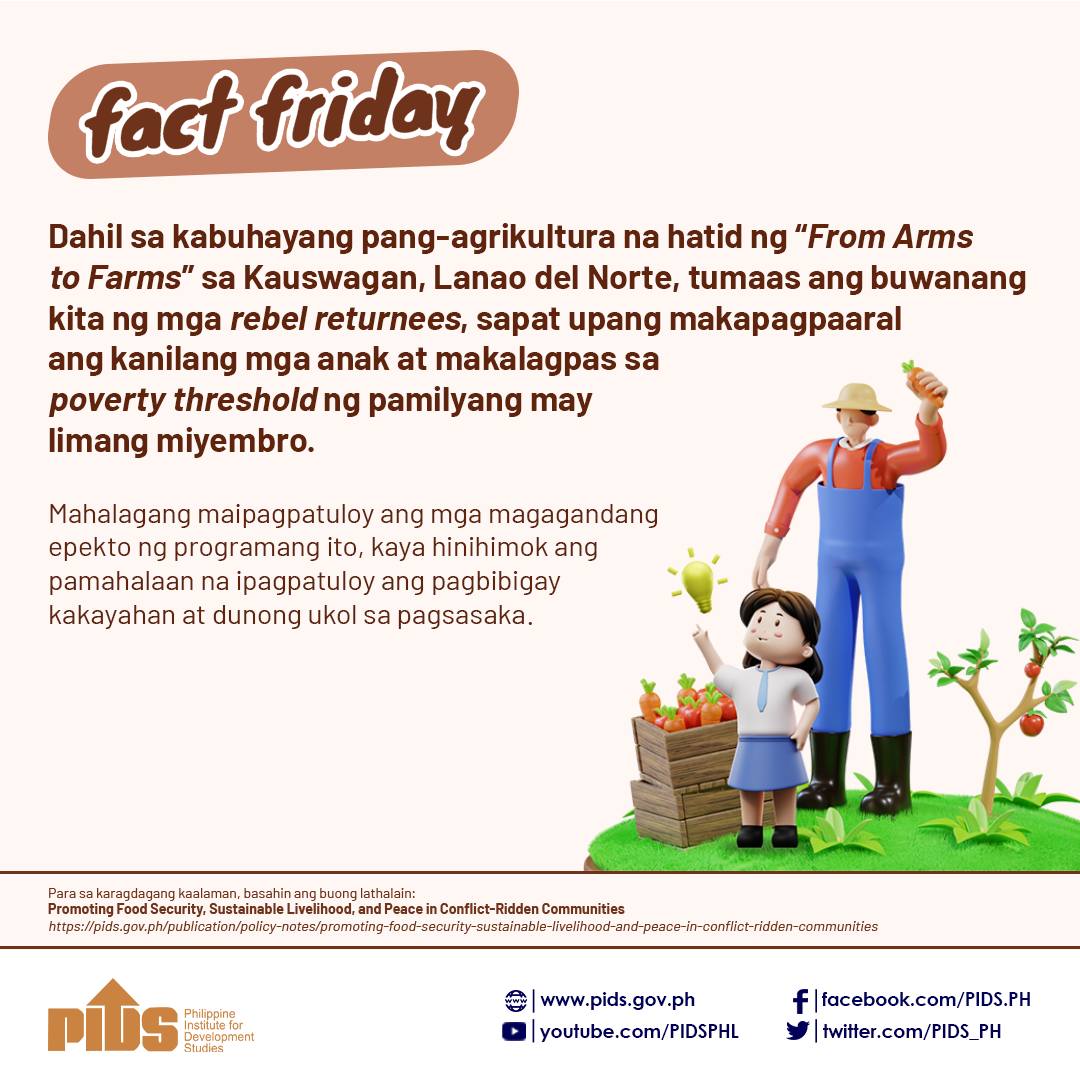The Department of Agriculture (DA) is exploring deeper cooperation on fair trade practices, which support marginalized sectors and promote equality between men and women, according to Agriculture Undersecretary for Special Concerns Berna Romulo-Puyat.
Romulo-Puyat made the statement two weeks ago, after the country participated for the first time in the Sixth Berlin Agriculture Ministers’ Summit and Global Forum on Food and Agriculture (GFFA), which took place earlier this year.
"A local wine company, Destileria Limtuaco & Co., has recently launched Manille Liqueur de Calamansi, which is largely produced by utilizing the calamansi rinds produced by female Mangyans from Oriental Mindoro,” the DA official said, adding that initial sales from their calamansi help finance the group Mangyan Center for Learning and Development.
The group said they aim to preserve the Mangyan culture and language.
Romulo-Puyat served as panelist of the GFFA discussion on "Empowering Women in Agriculture” organized by Germany’s Fair Trade Forum.
.
Romulo-Puyat highlighted that the Philippines has embedded gender equality in both its culture and legal framework, with the country having been identified as having the smallest gender gap in Asia and fifth in the world.
She also said the Philippines government has implemented gender and development programs to support rural development, particularly for microfinancing and entrepreneurship.
In the latest Gender Gap Report of the World Economic Forum published earlier last year, the country rose by three notches to fifth in the global ranking due to some improvements in economic participation and opportunity.
According to the report, the Philippines topped all lower-middle income countries as well as the Asia-Pacific region, adding that the country "is the only country in Asia and the Pacific that has fully closed the gender gap in both education and health.”
According to the Philippine Institute for Development Studies (PIDS), however, critical issues remain, such as maternal health, which is part of the country’s commitment to meet the Millennium Development Goals.
"PIDS research has found evidence of inequality in maternal- and child-health services utilization across economic classes and across regions, which requires government intervention,” the local think thank recently reported in its web site.
Gaps also emerge when gender issues intersect with the need to provide opportunities to certain sectors such as persons with disabilities (PWDs), PIDS said, adding that available data show that more women are unable to complete any grade in school, and the disparity is wider in rural areas, including being left in terms of employment.
Meanwhile, recent data from the Food and Agriculture Organization (FAO) of the UN reveals that 45 percent of the world’s population depends on agriculture, forestry, fishing or livestock production for its livelihood, and women, globally, represent 43 percent of the agricultural labor force, producing a large portion of the world’s food crops.
FAO also said households rely on women to cover a wide range of roles not only within the family as caregivers, but also as farmers and food producers all along the agricultural value chain, and added that women face overt and implicit discrimination in access to productive resources such as land and to services such as credit and extension.
"Women also face wage discrimination in rural labor markets and are more likely than men to be in part-time, seasonal and/or low-paying jobs,” the UN body said.
FAO also said that the "gender” meaning women’s disadvantage in access to resources and services compared to men, reduces women’s productivity and diminishes their contributions to the agriculture sector.











